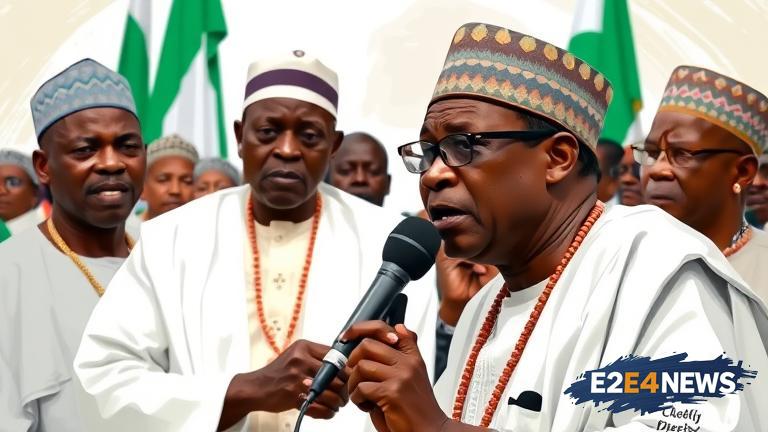The Labour Party in Nigeria is facing a fresh crisis as its presidential candidate, Peter Obi, has rejected a peace deal proposed by his running mate, Datti Abubakar, and the party’s chairman, Julius Abure. The deal was aimed at resolving the ongoing internal conflicts within the party. However, Obi’s rejection has sparked concerns about the party’s unity and ability to move forward. The crisis began when some party members accused Abure of mismanaging the party’s funds and making decisions without consulting other stakeholders. Abubakar, who is also the party’s vice presidential candidate, had attempted to intervene and broker a peace deal between the warring factions. Despite his efforts, Obi’s rejection of the deal has thrown the party into further turmoil. The party’s internal conflicts have been ongoing for several months, with some members calling for Abure’s resignation. The crisis has also led to the formation of factions within the party, with some members loyal to Obi and others to Abure. The situation has been further complicated by the fact that the party is still reeling from its defeat in the recent presidential election. Obi’s rejection of the peace deal has been seen as a significant blow to the party’s efforts to reunite and move forward. The party’s leaders are now faced with the daunting task of finding a way to resolve the crisis and restore unity to the party. The LP’s crisis has also been linked to the party’s lack of a clear direction and vision, with some members accusing the leadership of being out of touch with the party’s grassroots. The party’s inability to resolve its internal conflicts has also led to concerns about its ability to effectively challenge the ruling party in future elections. As the crisis deepens, there are fears that the party may be heading for a split, which could have significant implications for the country’s political landscape. The LP’s crisis is also being closely watched by other political parties, who are eager to capitalize on the party’s weaknesses. The party’s leaders must now find a way to resolve the crisis and restore unity to the party, or risk losing the support of its members and the electorate. The situation is being closely monitored by political analysts, who are warning that the party’s internal conflicts could have far-reaching consequences for the country’s democracy.
